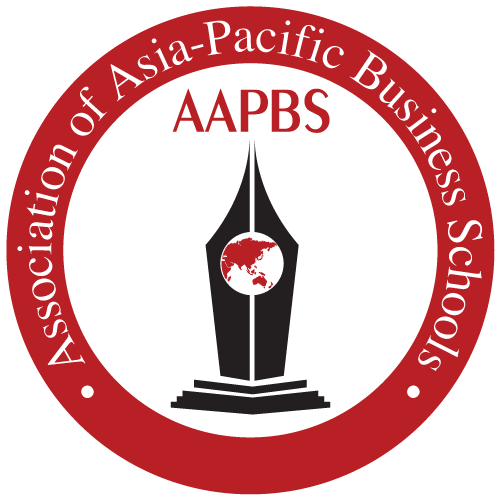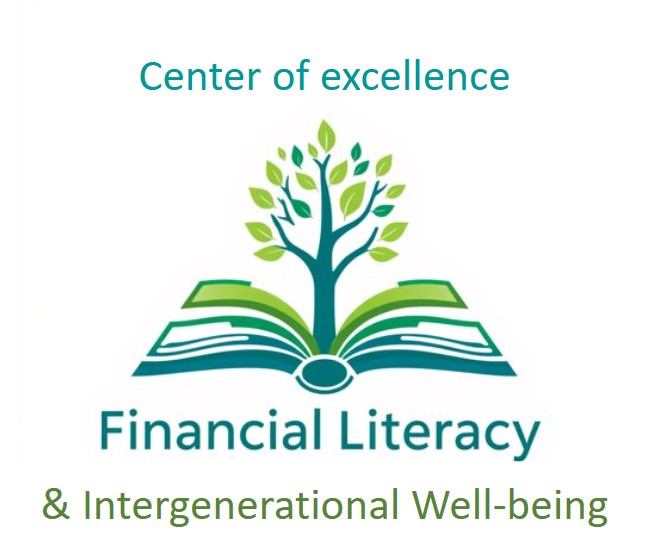Analysis of Factors Affecting Business Performance: Empirical Study of Hospitals in East Java
 Abstract Views:
471 times
Abstract Views:
471 times
 PDF Downloads:
425 times
PDF Downloads:
425 times
Abstract
Purpose: Hospitalization in Indonesia continued to increase by 5.2% per year in 2018, with the most significant number of hospitals in Indonesia being in the province of East Java. However, Indonesia is the most important contributor to overseas medical visits. Total expenses reach IDR 161 trillion/year (US$ 11.5 billion/year), and 80% of visits are to Malaysia, where every year, million Indonesian citizens (WNI) seek treatment abroad. Of this amount, the total costs incurred reached IDR 97 trillion. This becomes a question, what triggers Indonesian citizens to seek treatment abroad? This study aims to analyze the factors that influence business performance in hospitals in East Java.
Methods: This study used a purposive sampling technique with a total sample of 62 respondents. Respondents in this study were hospital leaders in East Java. This study uses a quantitative approach with the analysis in this study using Smart PLS.
Result: the results show that environmental uncertainties hurt the business performance of the hospital. This result is due to environmental uncertainties being a broad factor, difficult to predict either individually or collectively. However, environmental uncertainties have a significant positive effect on strategic orientation. Environmental uncertainties have a negative and significant effect on managerial capability. Meanwhile, strategic direction and managerial capability have a positive and significant effect on the business performance of hospitals in East Java.
Downloads
References
Chong M. Lau. (2015). The effects of nonfinancial performance measures on role clarity, procedural fairness and managerial performance. Pacific Accounting Review, 27(2), 142–165.
David, F. R. (2011). Strategic Management: Consept and Cases (3rd ed.). Pearson Education.
Desarbo, W. S., Di Benedetto, C. A., Song, M., & Sinha, I. (2005). Revisiting the miles and snow strategic framework: Uncovering interrelationships between strategic types, capabilities, environmental uncertainty, and firm performance. Strategic Management Journal, 26(1), 47–74.
Erina Sudaryati, R. A. (2020). Environmental Uncertainty and Firm Performance: The Moderating Role of Corporate Governance. Jurnal Akuntansi, 24(2), 187.
Fernandes, A. A. R., & Solimun. (2017). The mediating effect of strategic orientation and innovations on the effect of environmental uncertainties on the performance of business in the Indonesian aviation industry. International Journal of Law and Management, 34(1), 1–5.
Hospitals Accreditation Commision. (2019). Akreditasi.Kars.or.Id. http://akreditasi.kars.or.id/application/report/report_accredited.php
Merchant, K. A., & Der, W. A. V. S. (2014). Sistem Pengendalian Manajemen. Penguuran kinerja, evaluasi, dan insentif (marthoccio (Ed.)). salemba empat.
Pour, M. J., & Asarian, M. (2018). Strategic orientations, knowledge management (KM) and business performance: An exploratory study in SMEs using clustering analysis. Kybernetes, 48(9), 1942–1964.
Sembiring, L. J. (2021). Wow! Warga RI Rogoh Rp161 T/Tahun Demi Berobat ke Luar Negeri. Cnbcindonesia.Com. https://www.cnbcindonesia.com/news/20210319113213-4-231366/wow-warga-ri-rogoh-rp161-t-tahun-demi-berobat-ke-luar-negeri
Sofyani, H., Simali, M. F. I. S., Najda, T., & Al-maghrebi, M. S. (2020). The Role of Budgetary Participation and Environmental Uncertainty in Influencing Managerial Performance of Village Government. Journal of Accounting and Investment, 21(2).
Trisnantoro, L., & Listyani, E. (2018). Jumlah RS di Indonesia Pertumbuhan RS Publik. Persi.or.Id. https://persi.or.id/wp-content/uploads/2018/04/rsindonesia418.pdf
Weimann, E., & Weimann, P. (2017). High Performance in Hospital Management. In High Performance in Hospital Management.

This work is licensed under a Creative Commons Attribution 4.0 International License.
Articles published in Journal of Entrepreneurship & Business are licensed under a Creative Commons Attribution 4.0 International (CC BY) license. You are free to copy, transform, or redistribute articles for any lawful purpose in any medium, provided you give appropriate credit to the original author(s) and the journal, link to the license, and indicate if changes were made.
Authors submitting to this journal agree to make their work freely available under the CC BY 4.0 license, ensuring broad dissemination and reuse. The full license details can be accessed at https://creativecommons.org/licenses/by/4.0/.
This ensures that they receive the maximum dissemination because there are no barriers to access. This license allows readers to disseminate and reuse the paper, but always requires them to grant the authors and the first publication full credit.
While JEB upholds ethical publishing standards, the responsibility for ensuring originality and compliance with copyright regulations lies with the authors. The journal is not liable for any legal claims related to the content of published articles.
For further inquiries, please contact the editorial team.

 DOI:
DOI:











